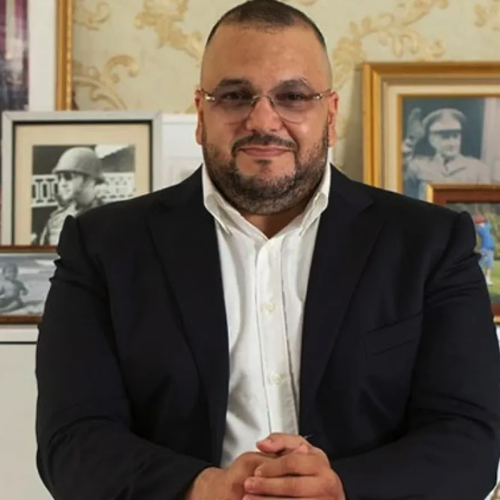The recent defection of one of Morocco’s highest-ranking intelligence officials has sent shockwaves through both the country and the international community. Mehdi Hajawi, the deputy head of Morocco’s foreign intelligence agency, has fled the country under mysterious circumstances, and his escape has created a tense atmosphere in Morocco’s political and security circles. His flight from Morocco and eventual disappearance from Spain raises fears of secrets being exposed, including sensitive information on covert operations, international relations, and state-sponsored spying.
A Dangerous Escape
Hajawi’s defection is a high-stakes story of evasion and fear. Initially, he sought refuge in France after breaking away from the Moroccan government, but his stay there was short-lived. According to reports, he faced serious threats against his life and the safety of his family, which forced him to leave France for Spain. In Spain, he believed he would be safer, but as tensions escalated, there were signs that Spain might deport him back to Morocco.
In fear for his life, Hajawi vanished without a trace. The Spanish authorities had been keeping track of him, requiring him to check in with the courts regularly. However, he failed to comply with these conditions and was classified as a fugitive. The reason for his disappearance seems clear: he was running away from the possibility of being sent back to Morocco, where he would likely face persecution or worse. The Moroccan government is known to take extreme measures against those who defy it, and Hajawi, knowing what awaited him, chose to disappear rather than return home.
Moroccan Spy Scandal: German Arrest Exposes Secret Police’s Dark Tactics
A Blow to Morocco’s Intelligence Operations
Hajawi’s departure is a massive blow to Morocco’s intelligence network. As the deputy head of the Directorate General for Studies and Documentation (DGED), Morocco’s foreign intelligence agency, he had access to some of the country’s most secret files. These files covered a wide range of sensitive issues, including secret agreements with other governments, military operations, and covert surveillance programs. Hajawi’s knowledge of these secrets could have devastating consequences for the Moroccan government, especially if he decides to share this information with foreign intelligence agencies or the media.
Among the most concerning pieces of information that Hajawi could potentially reveal are details about Morocco’s military cooperation with other nations, illegal surveillance programs, and the use of spyware to track individuals. One such spyware, known as Pegasus, has been the subject of international controversy due to its misuse in spying on journalists, activists, and political figures. If Hajawi decides to spill these secrets, it could lead to international embarrassment for Morocco, as well as legal troubles for foreign officials who may have been involved in shady dealings with the Moroccan government.
Internal Struggles in Morocco’s Security Establishment
While the international community focuses on the potential espionage revelations, Hajawi’s defection has also stirred up a storm within Morocco’s security forces. Morocco’s intelligence community is already plagued by infighting and power struggles, and Hajawi’s departure has only made things worse. The defection of one of the highest-ranking officials in the foreign intelligence service has sparked tensions between two of Morocco’s most powerful security figures, both of whom are vying for control of the country’s intelligence operations.
Morocco Implicated in Espionage Scandal, Targeting Spain’s Military Information
These two figures, who run the country’s internal and external intelligence services, have been at odds for years. With the defection of Hajawi, the battle between them is likely to intensify. One of these individuals is seen as trying to gain more influence, while the other is struggling to maintain his power. As King Mohammed VI has become less active in state affairs due to health issues, the struggle for control over Morocco’s intelligence operations has grown more intense.
Hajawi’s defection not only raises concerns about the security of Morocco’s sensitive information but also exposes the cracks in the country’s political and security leadership. The absence of strong leadership and the growing power struggles within the government could have serious consequences for Morocco’s stability.
The defection of Hajawi is a significant event with far-reaching implications, both within Morocco and on the global stage. His escape has thrown the spotlight on the kingdom’s intelligence operations, its internal power struggles, and the potential for damaging revelations to emerge.


